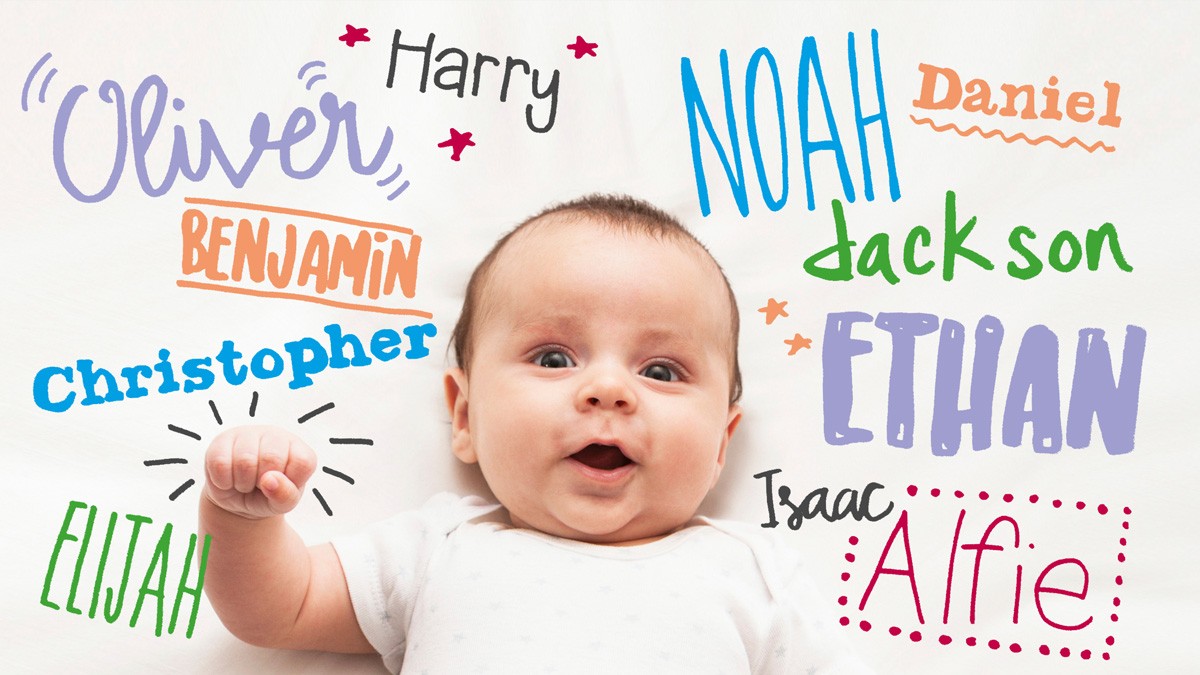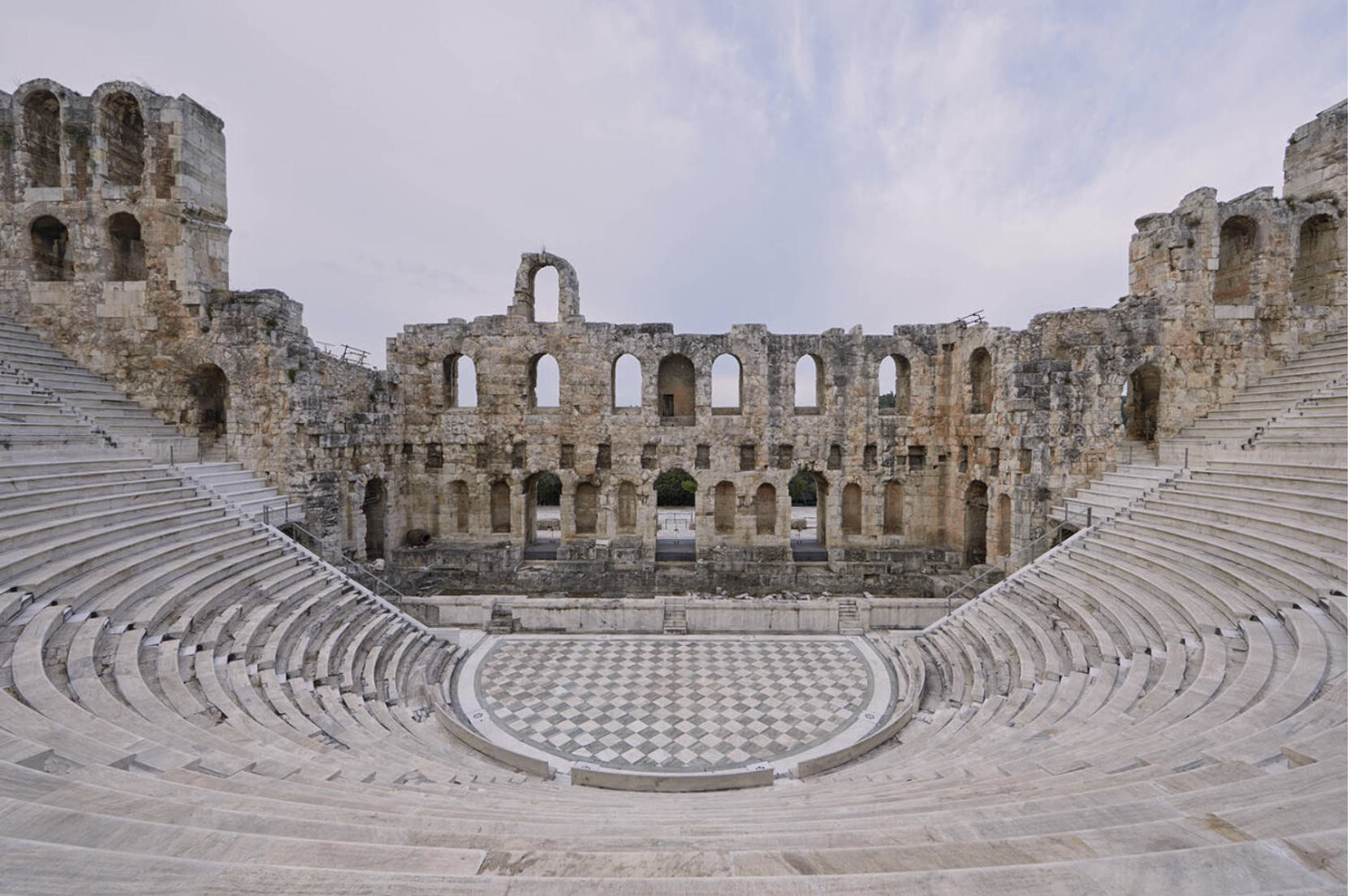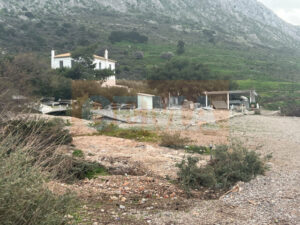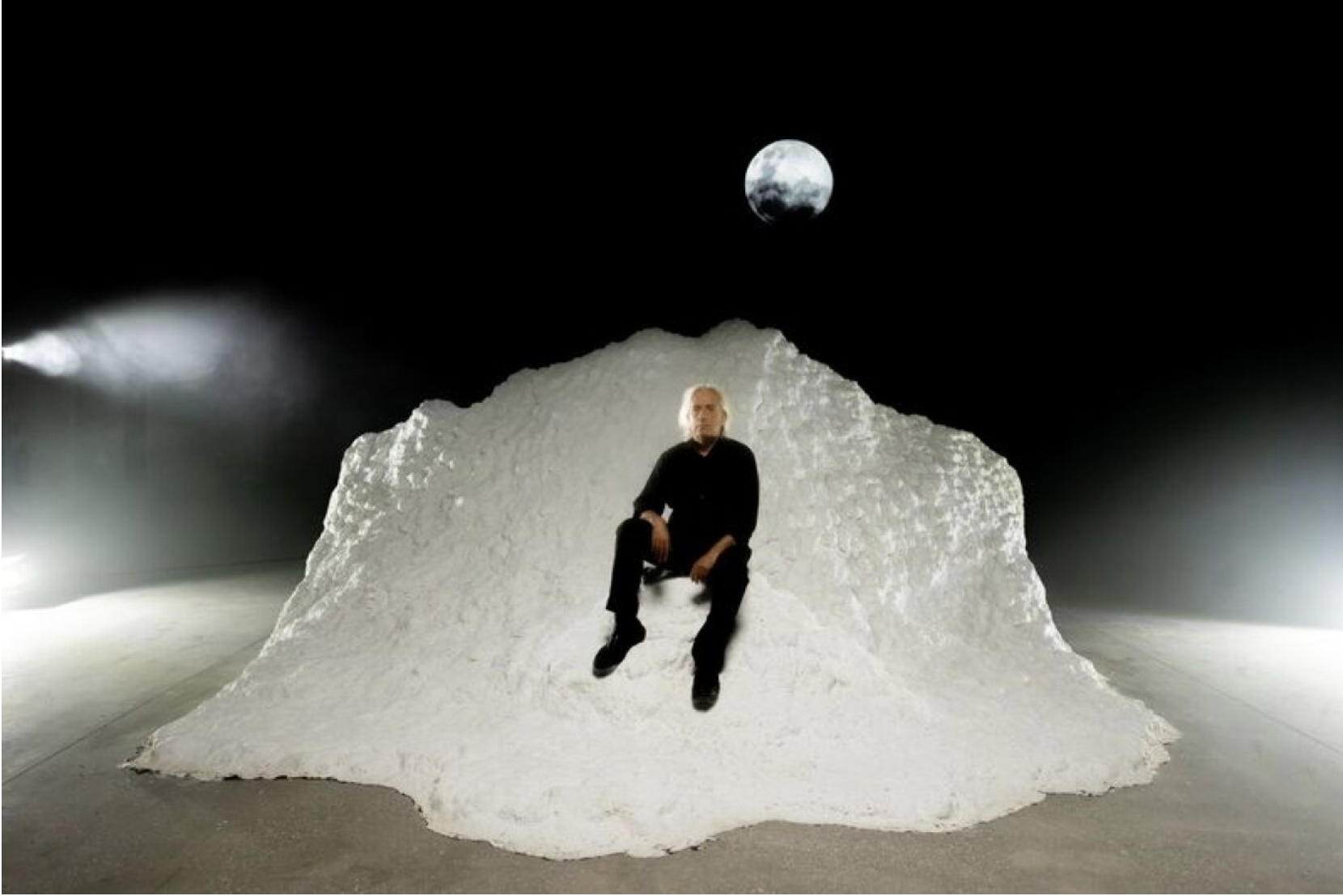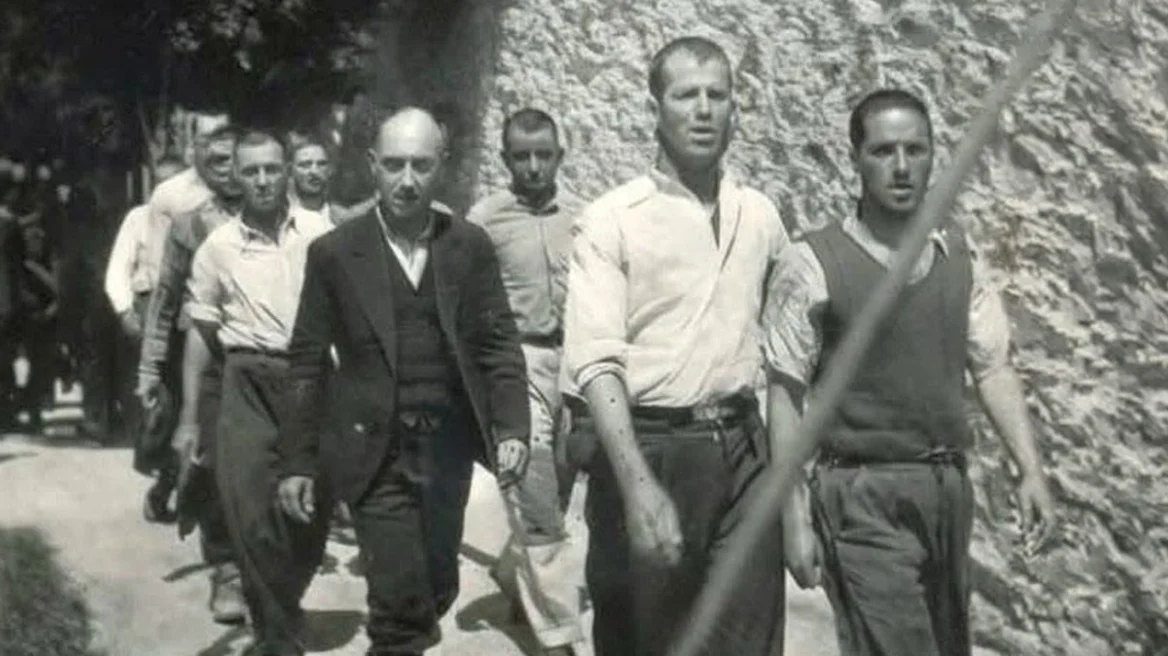What’s in a name? In these countries, it couldn’t be more important.
Many names and naming conventions that are popular in the UK have been banned in other countries.
Cultural heritage
Some countries try to use names to sustain national heritage and the language. For instance in Portugal, an Anglicised version of a name would be disallowed by the country’s authorities, so ‘Catherine’ would become ‘Caterina’.
In 2014 the Interior Ministry of Saudi Arabia released a list of 51 names that were forbidden, including Alice, and Maya, and also ‘Abdul Nasser’.
Gulf News, a Dubai paper, claims this last name is on the list because of its association with Egypt’s Cold War nationalist ruler Gamal Abdul Nasser.
– Viking (Portugal)
– Jimmy (Portugal)
– Rihanna (Portugal)
– Sayonara (Portugal)
– Alice (Saudi Arabia)
– Maya (Saudi Arabia)
– Abdul Nasser (Saudi Arabia)
For many however, there are specific rules for either banning a name preemptively, or a number of names have been rejected by the country’s authorities.
Gender neutral names
For instance, Germany and Denmark rule against gender neutral names.
In fact, Denmark controls names to such an extent that parents can only choose from an approved list of 7,000. Any name not on the list has to be approved by two separate review bodies.
– Taylor (Germany/Denmark)
– Ashley (Germany/Denmark)
– Morgan (Germany/Denmark)
– Jordan (Germany/Denmark)
Ridiculous names
Other countries strictly scrutinise unusual names. For instance in France, weird names are reported by local registrars to the courts who can ban the name.
So if you want to call your child Strawberry, it will have to be registered outside of France.
Germany, Denmark, Sweden, Mexico, and many other states have rules against any name that might mean the child is bullied, or causes offence.
– Prince William (France)
– Osama bin Laden (Germany)
– Adolf Hitler (Germany)
– Anus (Denmark)
– Elvis (Sweden)
– Metallica (Sweden)
– Rambo (Mexico)
– Batman (Mexico)
– Sexual Intercourse (Malaysia)
– Smelly head (Malaysia)
– Scrotum (Mexico)
Religious figures
Many countries with rules do it to protect a child from undue harm or causing offence because of their name – Switzerland has refused to approve names like Judas for this reason.
In October a judge in Germany prevented a family from naming their child ‘Lucifer’. This name is also banned in New Zealand, who in 2013 released a list of all the names that have been denied approval. Switzerland also bans any ‘biblical villains’, so you are allowed the good guys of the Bible, just none of the evil doers.
Names that contradict the culture or religion of Saudi Arabia are also banned in that country.
However, Saudi parents must find a happy medium between foreign names and names were explicitly tied up with religion, as Saudi Arabia also has a list of names of Muslim prophets and gods in other religions, which are also banned.
– Judas (Switzerland)
– Lucifer (Switzerland, New Zealand)
– Malak/Angel (Saudi Arabia)
Animals
In Malaysia, naming a child after something in nature is considered deeply offensive.
These names (translated to English) are on the country’s undesirable list:
– Snake
– Bear
Letters and Grammar
Grammar and linguistics can also shape a baby name. In Iceland, names must have endings that fit the word endings that fit the grammar. In addition, the names all have to contain letters from the Icelandic alphabet – which excludes names that contain a C, Q, or a W.
– Zoe (Iceland)
– Harriet (Iceland)
– Duncan (Iceland)
– Enrique (Iceland)
– Ludwig (Iceland)
– Swaps
In Switzerland, the swapping of girl names for boy names, or boy names for girl names, or of surnames for forenames is banned.
Norway also has a rule against using the last name as a first name.
– Hansen (Norway)
– Johansen (Norway)
– Olden (Norway)
Brands
Brands are also banned in a number of countries.
– Facebook (Mexico)
– Ikea (Sweden)
– Mercedes (Switzerland)
– Nutella (France)
– Mini Cooper (France)
– Chanel (Switzerland)
Source: indy100.com
Ask me anything
Explore related questions
